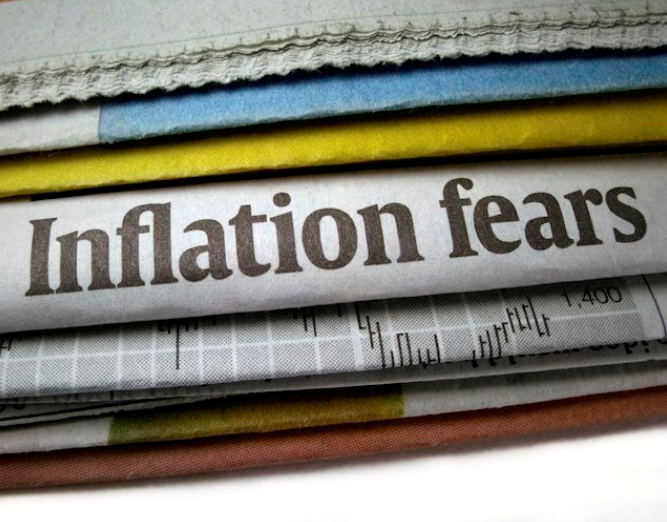More from our economist and monetarist John Hearn

Which is the best measure of inflation and changes in the value of money?
There are two issues in debates about which is the best measure of inflation. The first is the content. All measures have to be selective and therefore do not include things that some may consider to be important. Ideally a perfect measure would include all price changes all of the time.
However this is difficult although perhaps not impossible given current computing power. One important thing left out of most measures currently is asset prices which helps to keep inflation down when interest rates are low and the opposite when interest rates rise.
The second issue is about whether RPI or CPI is a better measure of inflation irrespective of what is in the basket. The first point to notice is that CPI is almost always below the RPI measure? This is significant in as much as it is usually at least 1% less than RPI on average.
The reason is because of the way in which it is calculated. RPI is an arithmetic average and CPI is a geometric average. The geometric average undervalues changes in the value of money and with a simple calculation it is possible to have 25% inflation or 0% inflation using the same numbers in each calculation. Obviously an extreme situation to prove the point.
If there were two products and each was priced at £4 then an arithmetic calculation will produce the following average:-
4 + 4 = 8/2 = 4
A geometric average will produce the same average:-
4 x 4 = 16, the square root of which = 4
Now double the price of one and halve the price of the other. Arithmetically:-
8 + 2 = 10/2 = 5
The average has risen by 25% and the value of money has fallen as it is now necessary to pay £10 to buy the same two items rather than £8.
Geometrically:-
8 x 2 = 16 the square root of which = 4
Here no inflation is recorded and this is why RPI is the truer measure of inflation and CPI undervalues inflation.

So why did government choose to measure inflation using CPI. The UK government will say that they were just moving into line with the EU, but they were also pleased, for political reasons, that inflation was now being recorded at a lower rate.
As Michael Foot said "More governments, including left wing Governments, have been thrown out of power through a failure to deal with inflation than through any other single cause"
In addition a Government that has index-linked savings and pension products now finds that it has to pay out less as the savings and pensions are now falling in real value. These numbers are very significant when they are compounded over a number of years.
Finally for those of you who do not like numbers here is an explanation in words: a long serving and influential member of the Bank of England was at one of my lectures where I explained the loss to government employees of index- linking pensions to CPI rather than RPI. After I had finished speaking he mentioned to me that Bank of England pensions are still linked to RPI.
A few years ago while eating strawberries and cream at Wimbledon the then Governor of the Bank, Mervyn King, was asked why the Bank`s employees still had pensions linked to RPI and he explained that the Bank`s pension was a private scheme and he did not want to disadvantage Bank employees by changing the link to CPI. I think that can be described as "straight from the horse`s mouth" with nothing more that needs to be said in support of RPI and against CPI.
John Hearn July 2015




